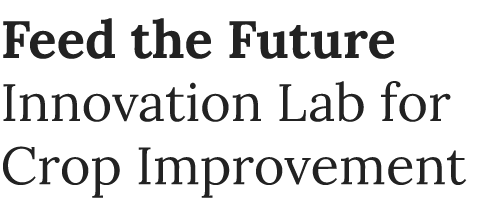Meet Maia Payne, a TW Turner Fellow at Cornell University and master’s student at Tennessee State University, whose research intersects areas of climate change, environmental justice, food security, and geospatial analyses for risk assessment and mitigation. An environmental scientist by training, she is exploring how cowpea can be used to combat food insecurity and nutritional deficiencies in Afro-Colombian communities. As a Turner Fellow, Maia collaborates with Virginia Moore in Cornell’s School of Integrative Plant Science and Rachel Bezner Kerr in the Department of Global Development. Over winter break, Maia went to Malawi to shadow Rachel Bezner Kerr’s research with the local nonprofit Soil, Foods and Healthy Communities (SFHC) and the Farms4BioDiversity project. We sat down with Maia to learn more about her passion for environmental justice, and how her experience in Malawi is impacting her own research.
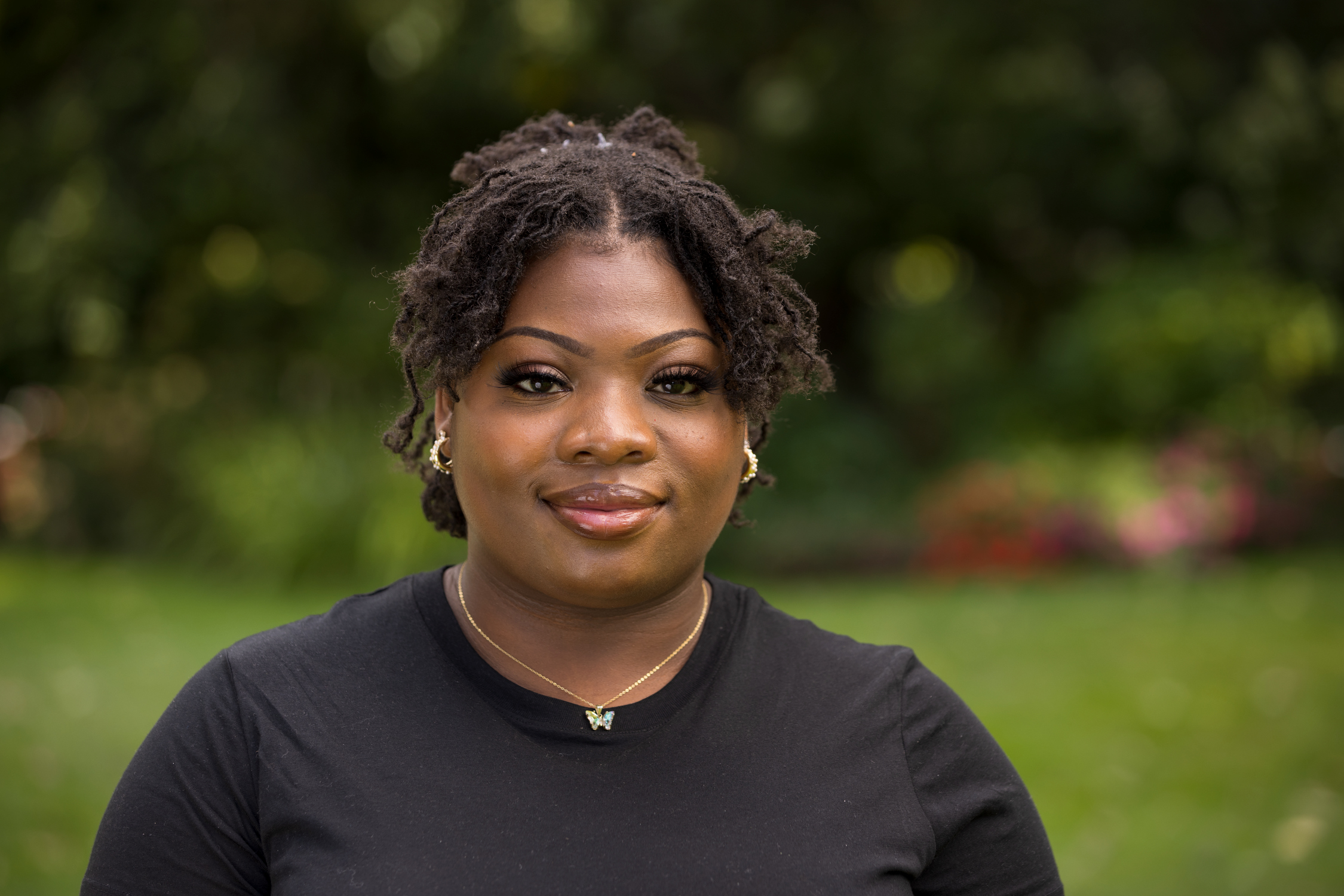
Tell us about your research focus and what it means to you.
Environmental justice, climate change and food security are themes that affected and still affect me, my loved ones, and our communities. These themes hit close to home and oceans away, and are mainly the result of systemic inequities. I know that there won’t be my “perfect” world, but I can do everything in my power to try to dismantle these systems by making sure these issues are heard and acted upon.
You are currently pursuing a Master’s in Environmental Sciences at Tennessee State University. What motivated you to select this academic track?
I’ve always known that I wanted to make a difference but wasn’t exactly sure how I was going to do it. I have my B.S. in Earth and Planetary Sciences with a concentration in Geology, but I wanted to do something that seemed more tangible to me.
Initially, one of my main goals was to make sure that information about severe weather events and the impacts of climate change were more accessible to those communities most disproportionately impacted by natural disasters. Since entering my master’s program, my work hasn’t directly aligned with that goal in the sense of natural disaster/risk mitigation, but being a representative for underrepresented communities has remained at the forefront.
To me, the biggest challenge in confronting environmental injustice is getting everyone to admit that Black, Brown, and poor communities are often overlooked and given the short end of the stick. Once we all understand and acknowledge the long-term implications of systemic and environmental racism, the work will be more focused on trying to “undo” these injustices rather than having to prove time and time again that they actually exist.
Your current research explores cowpea in Afro-Colombian communities. Tell us more about how you’re applying geospatial analysis and how that intersects with food security.
My advisor at Tennessee State University, Dr. Reginald Archer, told me that a map can enhance any topic by helping the researcher, reader, or participants to actually see the location of interest. Initially, I did have a little difficulty deciding how I would connect food security with geospatial analysis, but it has been very helpful in visualizing census data. Seeing where predominantly Afro-Colombian communities are located, performing analyses to show ideal locations for cowpea growth, and comparing the distance It takes for different demographics to reach fresh foods, all of these are critical to understanding food insecurity.
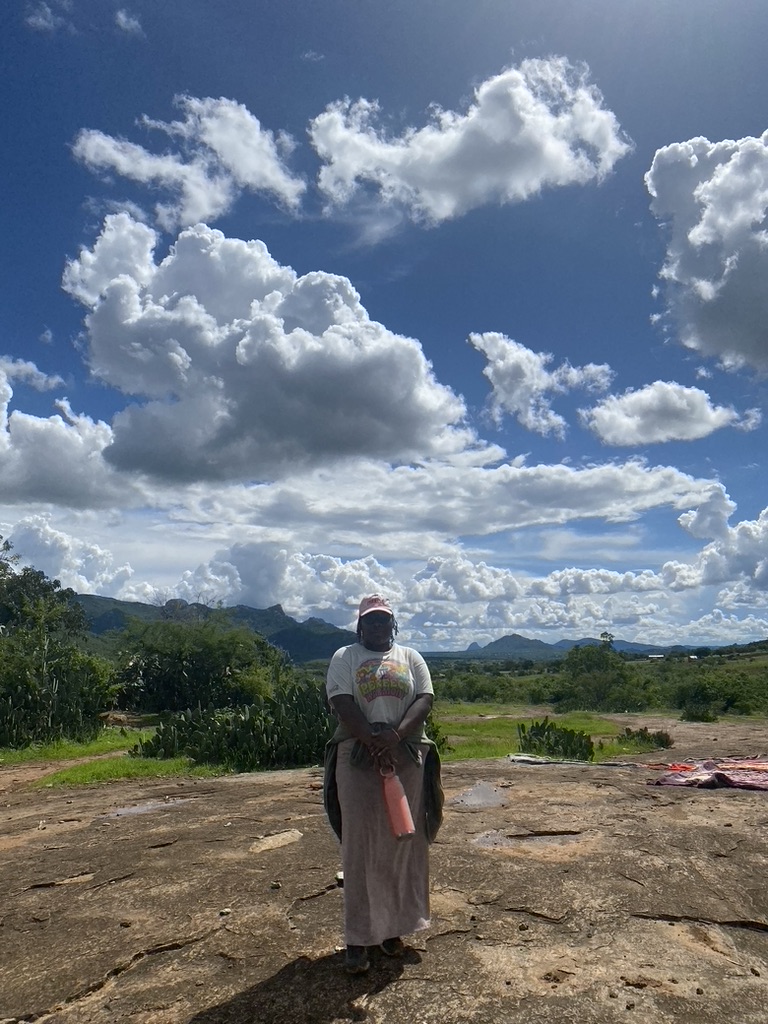
What is one experience from your recent time in Malawi that made you look at food security, environmental justice or agricultural development in a new light?
It was refreshing and heartwarming to see that agroecological practices, such as intercropping and creating compost manure, had large, positive impacts on the smallholder farmers in Malawi. While there, we visited several farm sites and spoke with farmers, and it was great seeing practices I’ve read about and heard should work in theory being applied and benefiting the lives of farmers.
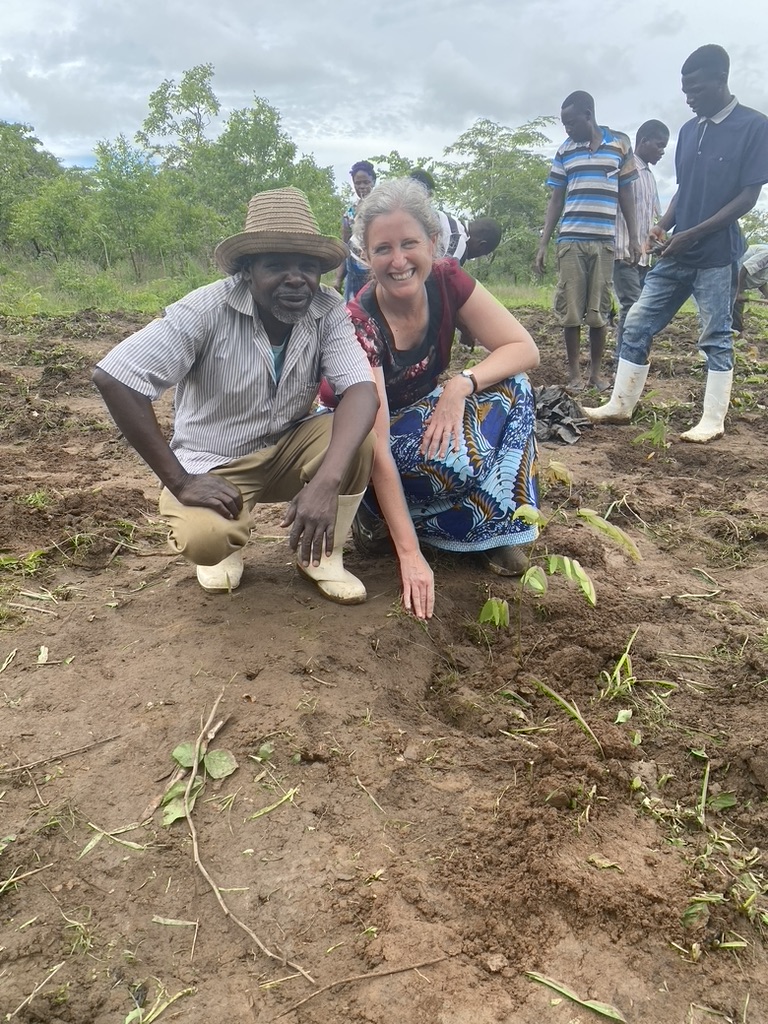
Do you plan on applying any lessons learned in Malawi as a Turner Fellow and in your future research?
I would like to go back to Malawi and possibly bring my advisors from my home institution whenever the opportunity arises. I truly believe the work that’s being done at SFHC with smallholder farmers is amazing and deserves more recognition. This semester, I will be working on analyzing data for SFHC.
I have always known that I didn’t want to do science for the sake of just accomplishing a research goal, but to actually be a benefit to the communities I research. This experience solidified that sentiment, and I will continue to seek out opportunities that allow me to work in a capacity to help others.
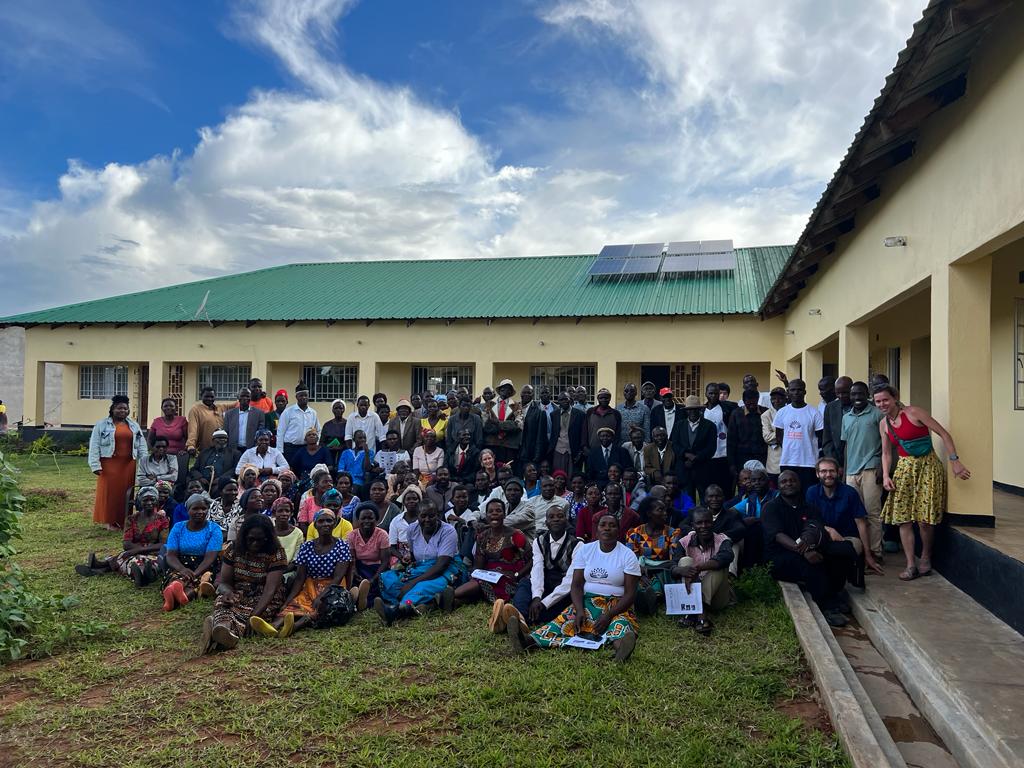
Hosted by the Feed the Future Innovation Lab for Crop Improvement, the Thomas Wyatt Turner Fellowship brings existing graduate students from 1890 land grant universities Cornell University for one year of academic study, mentorship and research related to areas of agricultural and rural livelihoods, as part of a broader program aimed at strengthening relationships between key Minority-Serving Institutions and Cornell University.
